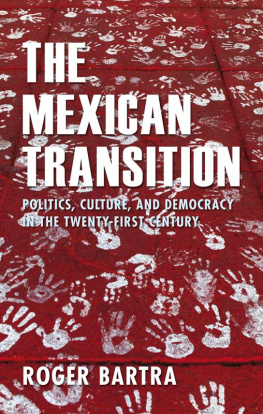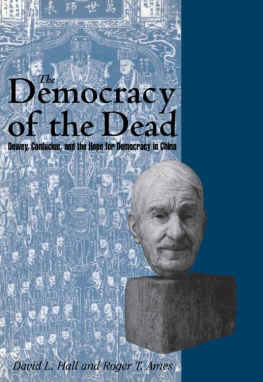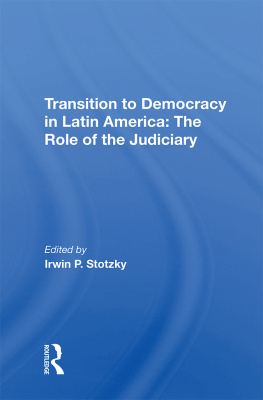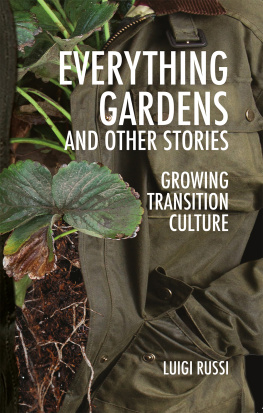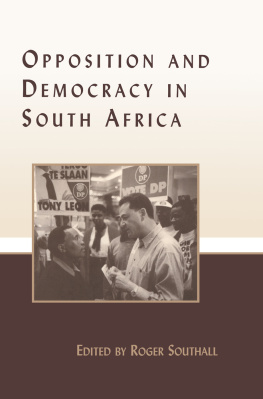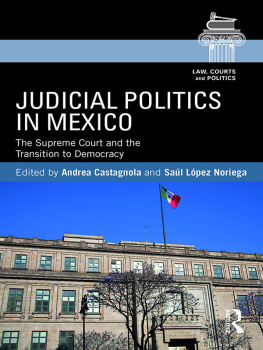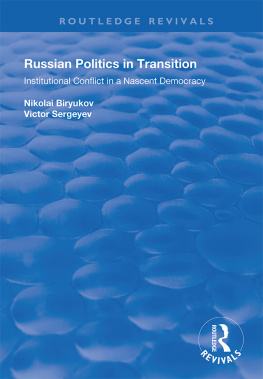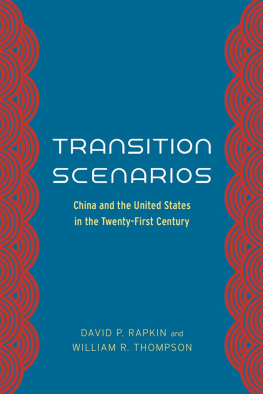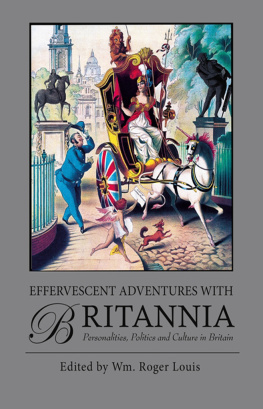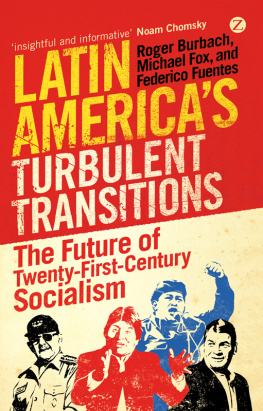Roger Bartra - The Mexican Transition: Politics, Culture and Democracy in the Twenty-First Century
Here you can read online Roger Bartra - The Mexican Transition: Politics, Culture and Democracy in the Twenty-First Century full text of the book (entire story) in english for free. Download pdf and epub, get meaning, cover and reviews about this ebook. year: 2013, publisher: University of Wales Press, genre: Politics. Description of the work, (preface) as well as reviews are available. Best literature library LitArk.com created for fans of good reading and offers a wide selection of genres:
Romance novel
Science fiction
Adventure
Detective
Science
History
Home and family
Prose
Art
Politics
Computer
Non-fiction
Religion
Business
Children
Humor
Choose a favorite category and find really read worthwhile books. Enjoy immersion in the world of imagination, feel the emotions of the characters or learn something new for yourself, make an fascinating discovery.
- Book:The Mexican Transition: Politics, Culture and Democracy in the Twenty-First Century
- Author:
- Publisher:University of Wales Press
- Genre:
- Year:2013
- Rating:3 / 5
- Favourites:Add to favourites
- Your mark:
- 60
- 1
- 2
- 3
- 4
- 5
The Mexican Transition: Politics, Culture and Democracy in the Twenty-First Century: summary, description and annotation
We offer to read an annotation, description, summary or preface (depends on what the author of the book "The Mexican Transition: Politics, Culture and Democracy in the Twenty-First Century" wrote himself). If you haven't found the necessary information about the book — write in the comments, we will try to find it.
Roger Bartra: author's other books
Who wrote The Mexican Transition: Politics, Culture and Democracy in the Twenty-First Century? Find out the surname, the name of the author of the book and a list of all author's works by series.
The Mexican Transition: Politics, Culture and Democracy in the Twenty-First Century — read online for free the complete book (whole text) full work
Below is the text of the book, divided by pages. System saving the place of the last page read, allows you to conveniently read the book "The Mexican Transition: Politics, Culture and Democracy in the Twenty-First Century" online for free, without having to search again every time where you left off. Put a bookmark, and you can go to the page where you finished reading at any time.
Font size:
Interval:
Bookmark:
Professor David George (Swansea University)
Professor Paul Garner (University of Leeds)
David Frier (University of Leeds)
Laura Shaw (University of Liverpool)
Gareth Walters (Swansea University)
Rob Stone (Swansea University)
David Gies (University of Virginia)
Catherine Davies (University of Nottingham)
Richard Cleminson (University of Leeds)
Adolfo Bioy Casares: Borges, Fiction and Art
Karl Posso
Helena Buffery & Carlota Caulfield
Stuart Nishan Green
Ben Bollig
Kathryn Crameri
Roger Bartra
Nicols Fernndez-Medina
David G. Frier
Richard Cleminson & Francisco Vzquez Garca
Richard Cleminson & Francisco Vzquez Garca
Yaw Agawu-Kakraba
Pablo San Martn
Eli Bartra
Tom Whittaker
A catalogue record for this book is available from the British Library.
e-ISBN 9780708326855
Printed by the MPG Group, Bodmin, Cornwall
Font size:
Interval:
Bookmark:
Similar books «The Mexican Transition: Politics, Culture and Democracy in the Twenty-First Century»
Look at similar books to The Mexican Transition: Politics, Culture and Democracy in the Twenty-First Century. We have selected literature similar in name and meaning in the hope of providing readers with more options to find new, interesting, not yet read works.
Discussion, reviews of the book The Mexican Transition: Politics, Culture and Democracy in the Twenty-First Century and just readers' own opinions. Leave your comments, write what you think about the work, its meaning or the main characters. Specify what exactly you liked and what you didn't like, and why you think so.

